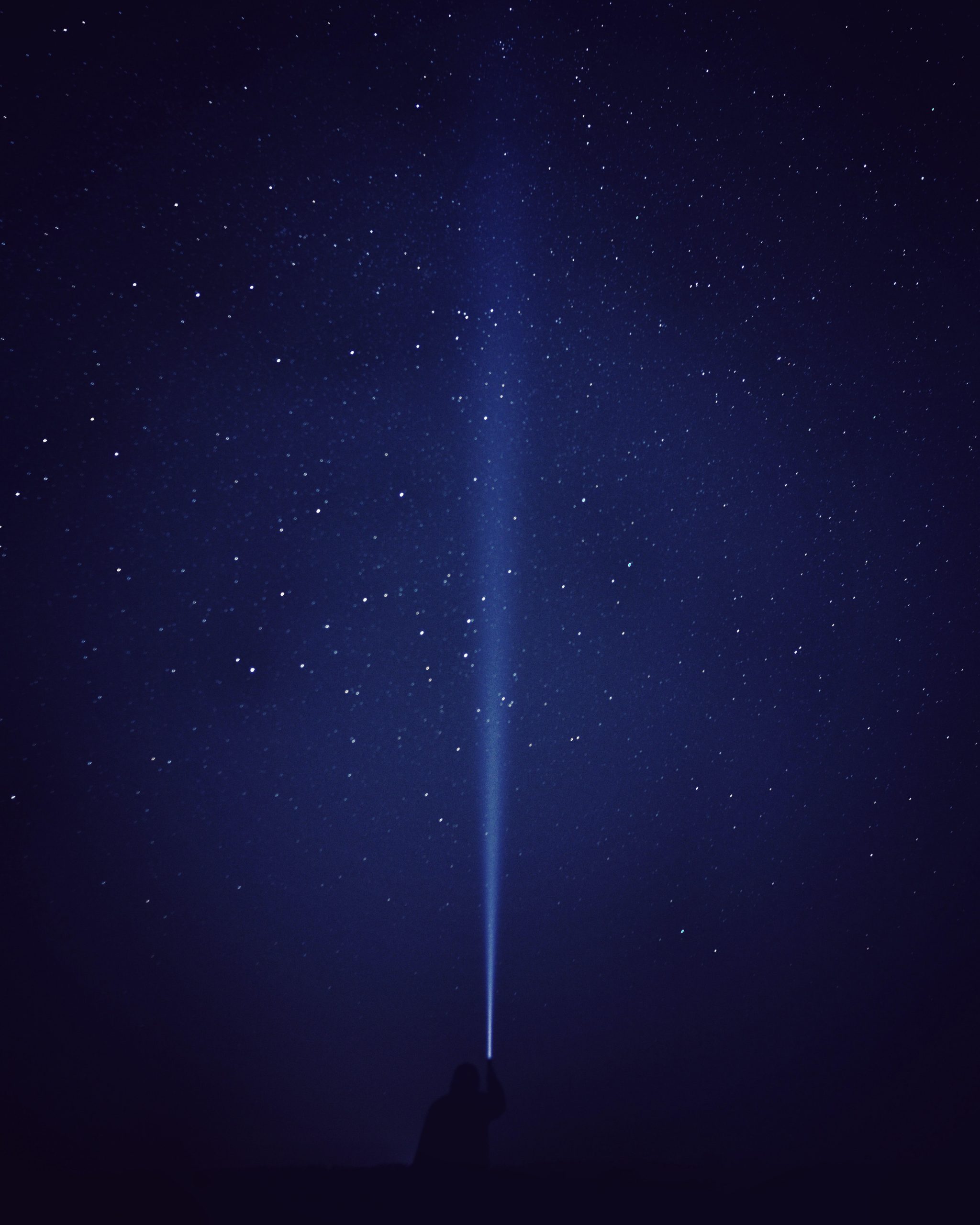Is it Rare to be Born on a Full Moon?
Humans have long been fascinated by the moon. Its mesmerizing glow, enigmatic presence, and connection to various cultural and spiritual beliefs have captured our attention throughout history. Among the many intriguing phenomena associated with the moon is the belief that being born on a full moon is rare and holds special significance. In this article, we will explore the scientific and cultural aspects of this phenomenon and uncover the truth behind the question: Is it rare to be born on a full moon?
The Lunar Cycle and Full Moon
Before we dive into the rarity of being born on a full moon, it’s essential to understand the lunar cycle and what constitutes a full moon. The moon goes through several phases, which include new moon, waxing crescent, first quarter, waxing gibbous, full moon, waning gibbous, third quarter, and waning crescent. The complete lunar cycle takes approximately 29.5 days to complete.
A full moon occurs when the moon is in opposition to the Sun, with Earth being positioned in between. As a result, the moon is entirely illuminated and appears as a glowing, circular disk in the night sky. The occurrence of a full moon signifies the middle of the lunar month. Contrary to popular belief, the full moon does not represent a significant change or increase in any supernatural or natural aspects, including the rate of births.
The Science Behind Birth Rates
Birth rates are influenced by various factors, such as societal norms, cultural practices, economic conditions, and environmental factors. However, scientific studies have not found any substantial evidence connecting births to the lunar cycle or full moon.
A comprehensive analysis conducted at the National Institute of Environmental Health Sciences examined over 14 million births in the United States. The study observed birth rates over a span of 10 years and concluded that there was no significant association between the lunar cycle, including the full moon, and the number of births. Similar studies conducted in other countries have also failed to establish a correlation.
The human reproductive system is not influenced by the gravitational pull of the moon, as often suggested in popular culture. The moon’s gravitational force has negligible effects on such small-scale events as childbirth. Moreover, the length of the lunar cycle does not align precisely with the duration of the human gestation period, which is approximately 40 weeks or 280 days.
Cultural Beliefs and Myths
Despite the lack of scientific evidence, various cultures and mythologies associate the full moon with mystical or supernatural events. These beliefs have contributed to the perception that being born on a full moon is rare and may imbue individuals with certain traits or abilities.
In folklore and astrology, the full moon is often associated with heightened emotions, increased energy, and mystical powers. Some cultures believe that individuals born on a full moon possess unique qualities, such as enhanced intuition, creativity, and psychic abilities. However, it’s important to note that these beliefs are not based on empirical evidence and are primarily rooted in cultural traditions and superstitions.
Additionally, the full moon has been linked to werewolves and other supernatural beings in mythology, further adding to its perceived significance. These cultural beliefs and myths have contributed to the belief that being born on a full moon is rare and special.
Birth Statistics and Rarity
In reality, the rarity of being born on a full moon is largely dependent on the specific birth data examined. Birth rates fluctuate throughout the year due to various reasons, such as climate, holidays, cultural practices, and social factors. Consequently, the occurrence of births on a full moon may vary from one region to another and from one year to another.
In some studies, researchers have found a slightly higher number of births occurring around the time of a full moon compared to other lunar phases. However, the difference is minimal and not statistically significant. The slight increase can be attributed to various unconnected factors and not specifically to the full moon itself.
It’s important to remember that birth rates are influenced by numerous complex factors, and the occurrence of a birth on a full moon is simply a result of chance and coincidence.
In Conclusion
While the full moon has captured our imagination and has been associated with mystical beliefs and supernatural events for centuries, scientific evidence fails to support the idea that being born on a full moon is rare or holds any special significance. Birth rates are affected by various social, cultural, and economic factors, but the lunar cycle, including the full moon, does not play a significant role in determining when babies are born.
Ultimately, being born on a full moon does not make an individual more unique or extraordinary than those born on any other day of the year. Each birth is a miracle in its own right, regardless of the phase of the moon. Let us appreciate and celebrate the diversity of our birth dates without attributing undue importance to the lunar calendar.
Table of Contents
